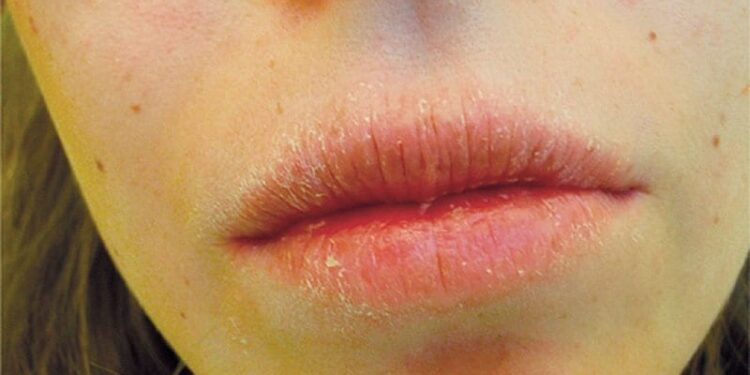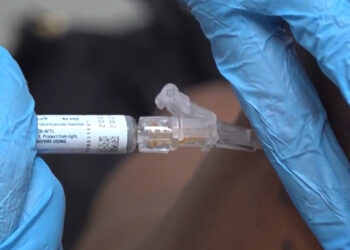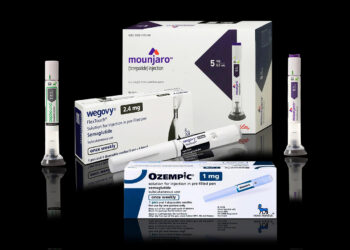TOPLINE:
Among patients with primary Sjögren disease, type II cryoglobulinemic vasculitis is linked to an increased risk for lymphoma and mortality, a French study showed.
METHODOLOGY:
- Researchers conducted a retrospective multicenter cohort study of 54 patients with primary Sjögren disease and cutaneous vasculitis (CV) from three pathology departments in Paris and a national case call in France (median age, 42 years; 91% women).
- Patients were diagnosed with CV between 2011 and 2021; 29 (57%) had cryoglobulinemic vasculitis and 15 (28%) had hypergammaglobulinemic vasculitis; 24 of the 29 cryoglobulinemic cases were type II. Data were analyzed between March 2023 and March 2025.
- Patients were matched 1:2 to 108 controls with Sjögren disease but without CV from the French ASSESS cohort.
- Primary outcomes of the study were the occurrence of lymphoma diagnosis and mortality risk.
TAKEAWAY:
- Patients with Sjögren disease and CV showed a higher lymphoma incidence than those without CV (13% vs 4%; P = .04).
- Patients with type II cryoglobulinemic vasculitis had a significantly higher incidence of lymphoma (21% vs 0%; P = .02) and increased mortality (29% vs 0; P = .02) than those with other types of small-vessel vasculitis. The risk for death or non-Hodgkin lymphoma was increased by nearly sevenfold risk in patients with type II cryoglobulinemic vasculitis (hazard ratio [HR], 6.8; P = .005) compared with other CV types.
- Patients with type II cryoglobulinemic vasculitis were more likely to have subacute cutaneous lupus (21% vs 0%; P = .02), kidney involvement (29% vs 4%; P = .02) and peripheral nervous system involvement (63% vs 12%; P < .001) than those with other CV types.
- Among 24 patients with type II cryoglobulinemic vasculitis, 12 received rituximab-based first-line treatment; non-Hodgkin lymphoma developed in 8% of patients in the rituximab group and in 25% of those who received other treatments, whereas mortality rates were 33% and 25%, respectively.
IN PRACTICE:
“In this cohort study, among patients with CV-complicated Sjögren disease, only type II cryoglobulinemic vasculitis was associated with severe visceral involvement, higher risk of non-Hodgkin lymphoma, and mortality,” the study authors wrote. These findings, they added, highlighted the need for “specific monitoring for these patients.”
SOURCE:
The study was led by Paul Breillat, MD, INSERM, Paris Centre de Recherche Cardiovasculaire, Paris, France, and was published online on August 6 in JAMA Dermatology.
LIMITATIONS:
The retrospective design and potential missing data could affect the interpretation of results. Additionally, half of the patients were diagnosed with CV on the basis of clinical criteria.
DISCLOSURES:
The ASSESS cohort was set up with a grant from the French Ministry of Health. One author reported receiving personal fees from Bristol Myers Squibb, GSK, Novartis, and Otsuka; another author reported receiving grants from AstraZeneca, Bristol Myers Squibb, and GSK. No other disclosures were reported.
This article was created using several editorial tools, including AI, as part of the process. Human editors reviewed this content before publication.
Source link : https://www.medscape.com/viewarticle/type-ii-cryoglobulinemic-vasculitis-signals-poor-prognosis-2025a1000ktv?src=rss
Author :
Publish date : 2025-08-06 15:05:00
Copyright for syndicated content belongs to the linked Source.











